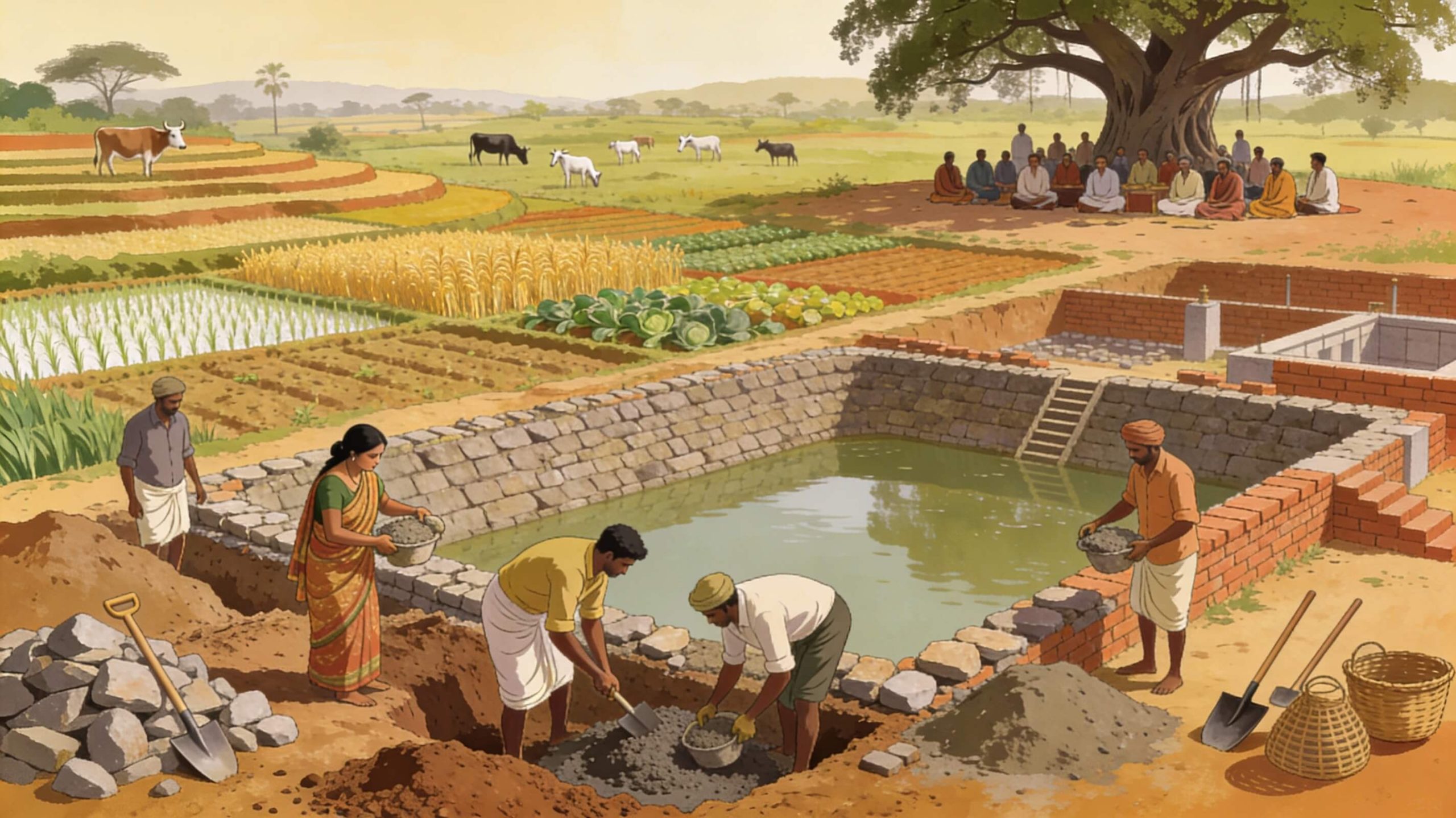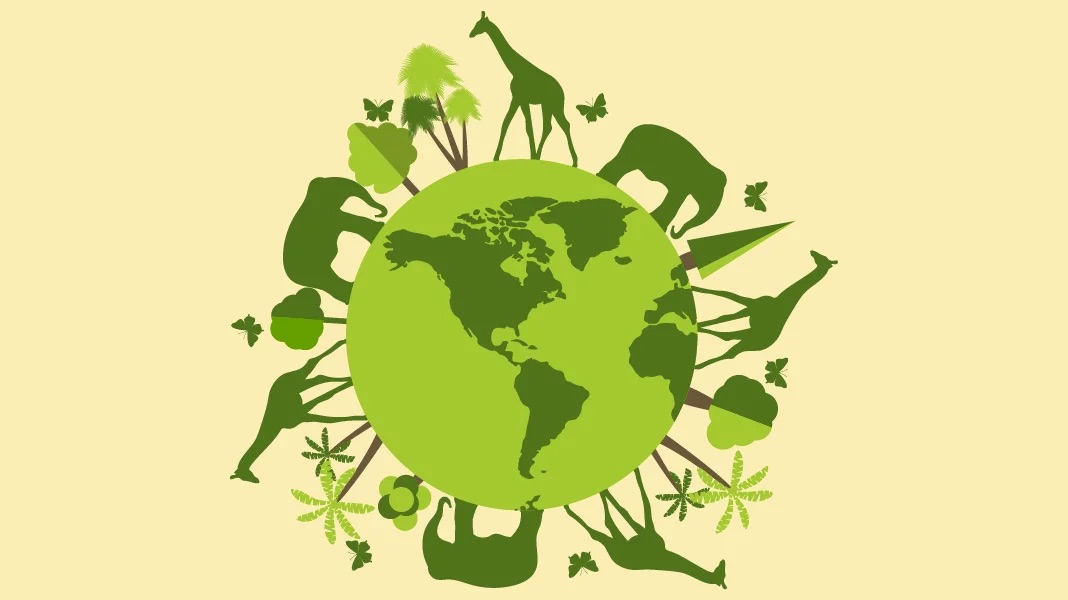In a significant development for Indian agriculture, farmers and policymakers are expressing serious concerns about proposed amendments to the International Treaty on Plant Genetic Resources for Food and Agriculture, commonly known as the Plant Treaty. The matter is currently being discussed in Peru from July 7 to 11, where delegates from various countries are meeting to deliberate on changes that could impact seed sovereignty and the rights of farmers in India.
The amendments suggest expanding the treaty’s Annex I, which currently limits the Multilateral System (MLS) to 64 essential crops. The proposed changes would include ‘all Plant Genetic Resources for Food and Agriculture’ (PGRFA), which raises alarms among Indian agricultural stakeholders. They argue that this shift could obligate India to share its plant genetic resources under terms dictated by international bodies, rather than its own laws.
Two prominent farmer organisations, the Bharath Beej Swaraj Manch and the Rashtriya Kisan Mahasangh, have formally written to the Union Agriculture Ministry urging a halt to the amendment process. They are worried that India might be coerced into accepting these amendments without adequate discussion or consultation with the farming community.
Kerala’s Agriculture Minister, P. Prasad, has also voiced his concerns, stressing that the Centre should not approve these amendments without involving state governments and farmer groups. He highlighted that agriculture is a state subject under the Indian Constitution, and any international treaty affecting agricultural policy should involve proper consultations.
Critics of the proposed amendments argue that they threaten India’s control over its plant genetic resources and could undermine the rights of farmers to their seeds. If the amendments are passed, India would be required to share not just current seeds, but all plant genetic materials, including those with potential future benefits, under a Standard Material Transfer Agreement (SMTA). This could severely limit India’s ability to negotiate terms that suit its national interests.
Dr. Sunil Archak, a Principal Scientist at the Indian Council of Agricultural Research (ICAR), is representing India in the discussions in Peru. Dr. Archak has a wealth of experience related to the Plant Treaty and is also serving as the Co-Chairperson of the working group meeting. ICAR Director General M.L. Jat has expressed confidence that Dr. Archak will effectively safeguard Indian interests during the negotiations.
While the Indian government maintains that it will protect national interests, the lack of transparency and prior consultation with farmers is a major point of contention. Many experts and farmers fear that the proposed changes could lead to a loss of sovereignty over India’s agricultural resources, making the country vulnerable to corporate interests and biopiracy.
Furthermore, the amendments are seen as inconsistent with the original objectives of the Plant Treaty, which aimed to facilitate access to select crops vital for food security. The proposed expansion to include all PGRFA could dilute the purpose of the treaty and negatively impact India’s rich biodiversity.
As the discussions continue in Peru, farmer organisations and state officials are urging the government to prioritise consultations with stakeholders before any commitments are made at the international level. They argue that without adequate input from farmers and state governments, any decision made would lack legitimacy and be undemocratic.
This situation highlights the ongoing tension between global agricultural policies and local farming communities. As international negotiations advance, the voices of Indian farmers will be crucial in shaping a future that respects their rights and safeguards India’s agricultural heritage.




